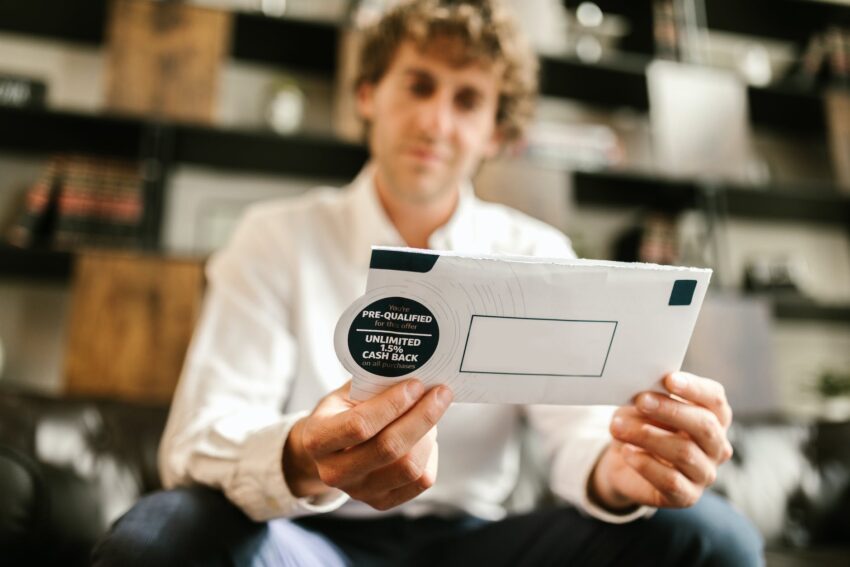In recent years, there has been growing intrigue regarding the potential benefits of microdosing psychedelic substances. Although still a relatively new area of exploration, initial research and anecdotal evidence have shed light on the possible positive impacts of microdosing on mental health, creativity, productivity, and more. For those seeking alternative methods for personal development, incorporating microdosing into a journey of self-improvement may offer an innovative approach to enhancing one’s overall well-being.
Microdosing involves consuming a very small, sub-perceptual amount of a psychedelic substance, such as psilocybin mushrooms or LSD. This practice is typically undertaken with the intent of experiencing subtle, non-disruptive changes in mood, cognition, and perception. While microdosing has its roots in psychedelic research from the 1960s, it only recently began gaining widespread mainstream interest.
One of the primary benefits of microdosing is its impact on mental health. According to a recent study, individuals who engaged in regular microdosing of psilocybin reported significant improvements in symptoms of depression, anxiety, and stress. Additionally, proponents of the practice often contend that it increases mindfulness, as the subtle shifts in perception and mood can lead individuals to adopt a more reflective and observant state of mind. Given these promising findings, additional research is undoubtedly warranted to explore the full scope of microdosing’s potential mental health benefits.
Creativity and overall cognitive function may also experience a boost from microdosing. Many users report heightened creativity, problem-solving capabilities, and general cognitive flexibility. A study out of the University of Chicago and Leiden University in the Netherlands found that when given a microdose of psilocybin, participants demonstrated improved convergent and divergent thinking, both of which are integral components of creative problem-solving. In addition to these findings, a 2020 study noted enhancements in creative thinking, empathy, and overall satisfaction with life following a series of microdosing sessions.
Productivity and focus are other areas in which microdosing has shown promise. When discussing his experiences with microdosing, the renowned author and productivity expert, Tim Ferris, referred to the technique as a “performance-enhancing drug” in an interview with Business Insider. Similarly, a qualitative study published in the International Journal of Drug Policy found that participants who microdosed reported increased focus, energy, and motivation. These findings highlight the potential applications of microdosing in enhancing productivity, both in personal and professional settings.
While the benefits of microdosing may be compelling, it’s important to note the potential risks and drawbacks associated with the practice. As microdosing often involves the use of substances that are illegal in many jurisdictions, those pursuing this method of self-improvement should exercise caution and fully understand the legal implications of their actions. Additionally, the limited body of research available, combined with the largely anecdotal nature of much of the evidence, means that we are still in the early stages of fully understanding the ramifications of this practice, both positive and negative.
In conclusion, microdosing psychedelics offers a unique and tantalizing avenue for self-improvement in various facets of life, including mental health, creativity, productivity, and mindfulness. While the practice remains relatively unexplored, and more rigorous, quantitative research is needed to confirm the anecdotal evidence supporting its benefits, those interested in alternative methods of personal growth may find value in the practice of microdosing. Like any emerging medical or therapeutic advancement, however, due diligence and careful consideration should be exercised before engaging in this unconventional approach.
